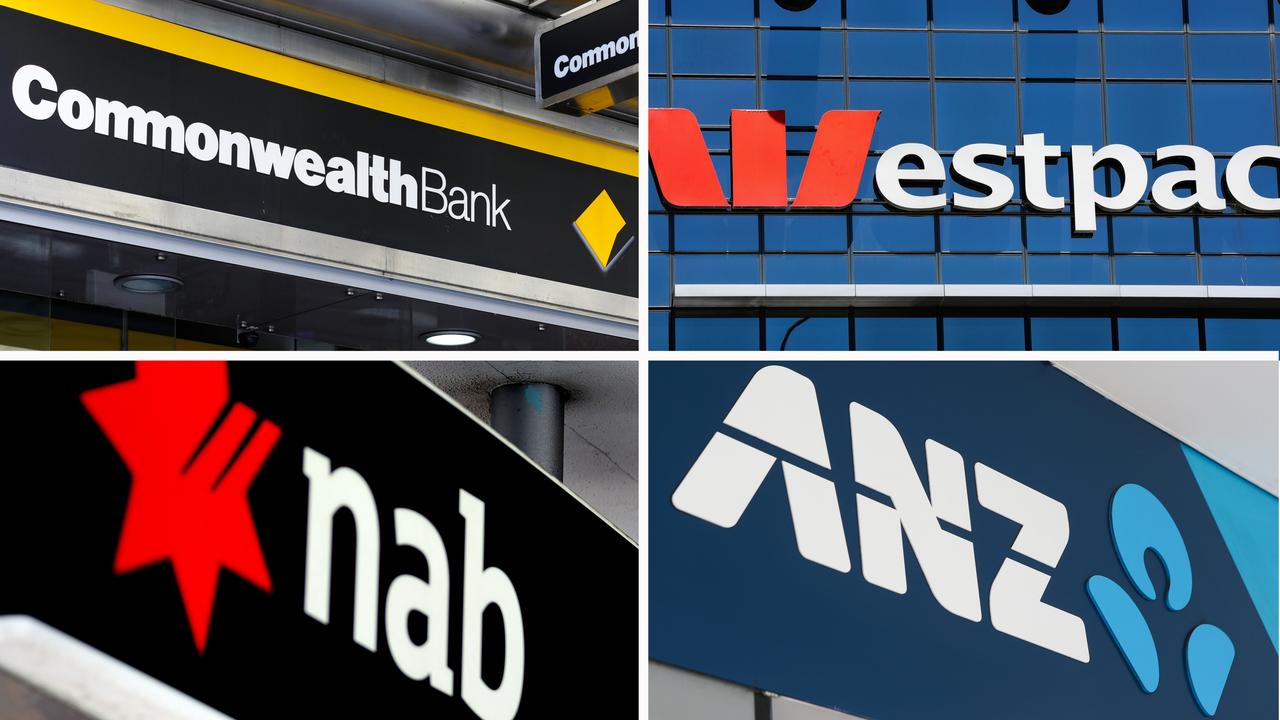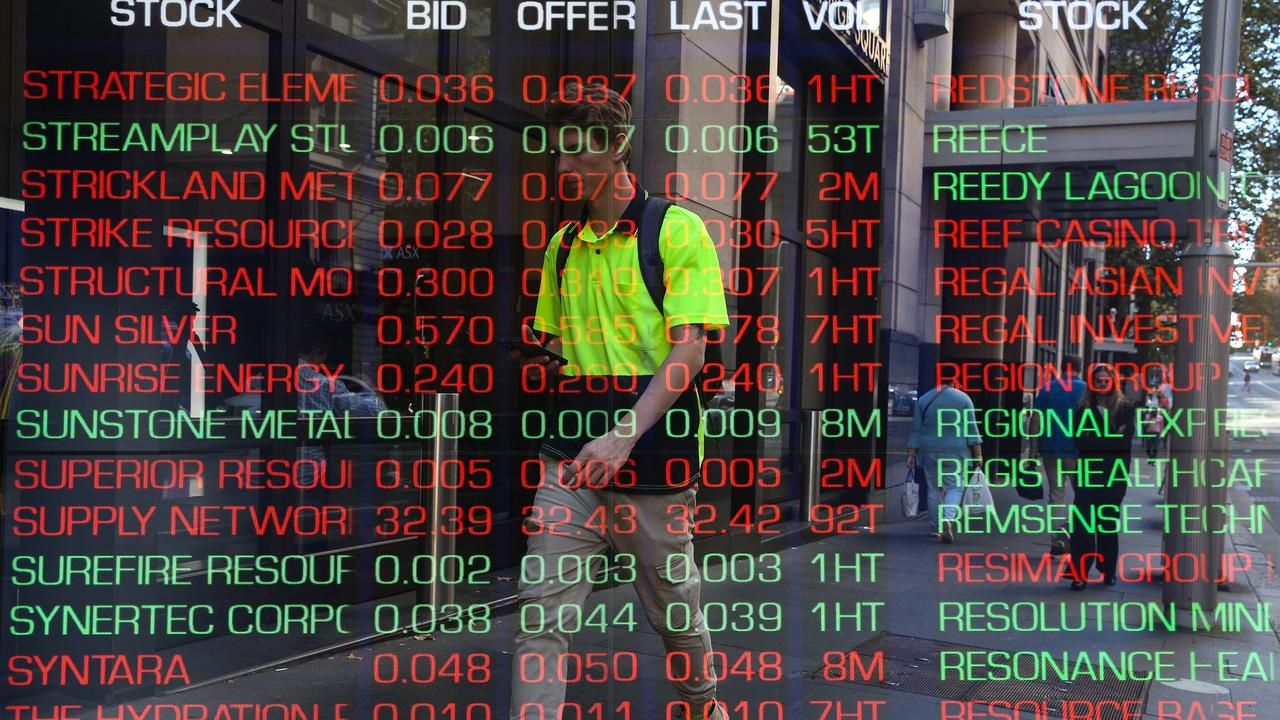Bad estimates hit shares
SHAREHOLDERS' displeasure at inaccurate forecasts is knocking up to 6 per cent off share prices, research has found.
Bad estimates hit shares
LISTED companies are annoying investors and harming their own share price performance by serving up inaccurate financial estimates that underplay or exaggerate their results, financial services firm KPMG has warned.
In a study of more than 540 senior executives globally, KPMG found that in the past three years, only 1 per cent of firms hit their forecasts and just 22 per cent came within 5 per cent either way.
On average, forecasts were out by 13 per cent.
Executives in the survey by KPMG, in co-operation with the Economist Intelligence Unit, found that such errors have directly knocked 6 per cent off their share prices over the same period, a significant part of which resulted from investor reaction.
On the other hand, companies with accurate forecasting are being rewarded by shareholders, with share prices increasing by 46 per cent, compared with 34 per cent of less accurate forecasters.
KPMG partner in business performance services James Allt-Graham said the results showed that accurate forecasting paid.
"Poor forecasting can be equated to share price losses, but the real impact goes deeper.
"Accurate forecasting is at the heart of any performance management process as it provides the foundations on which strategic decisions are made.''
Reactions can be more severe: the chief executive of utility company AGL was obliged to leave last week after forecasting a sharp downturn in profits, contrary to previous expectations.
Companies can be their own worst enemy, too, with 69 per cent of respondents saying pressure to match expected targets rather than realistic outlooks was the main impediment to producing accurate forecasts.
Mr Allt-Graham said: "With companies appraising employees on their ability to meet forecasts, of course they're going to lowball the targets. But the real challenge is how do you encourage accuracy without penalising those who earnestly try to meet targets?''
According to KPMG, solutions lie in providing incentives to managers for forecasting accuracy.
Other suggestions include the use of technology to automate the process, scenario planning on future developments and having forecasts completed by operational managers who are close to the business.
"Poor forecasting not only impacts shareholder confidence but it also prevents the application of an extremely useful tool in strategy and performance management,'' Mr Allt-Graham said.
"Companies need to address these issues or they will remain in the dark about their own performance. While these steps are challenging, if done correctly it can add measurable, long-term value to any business.''



